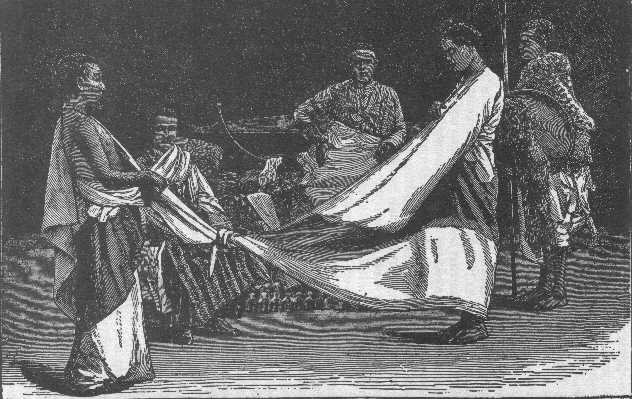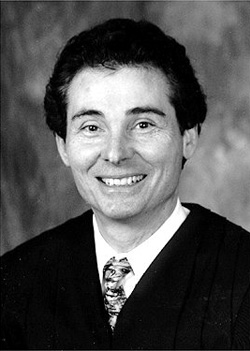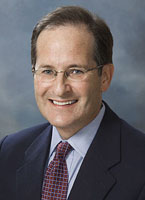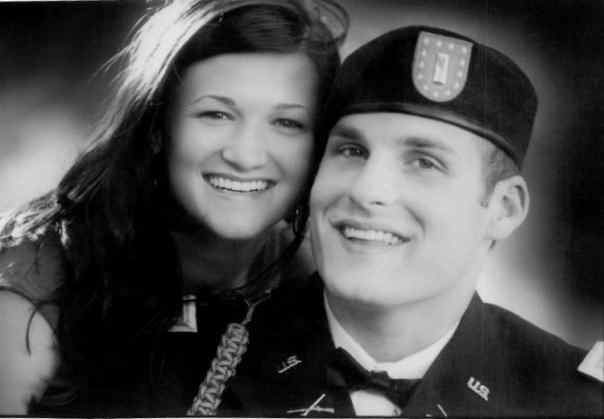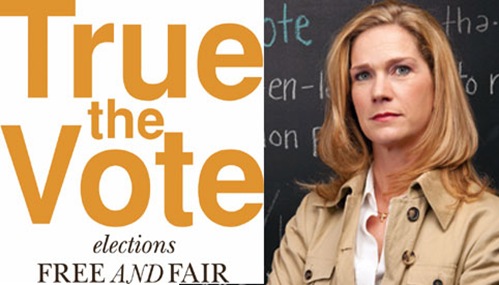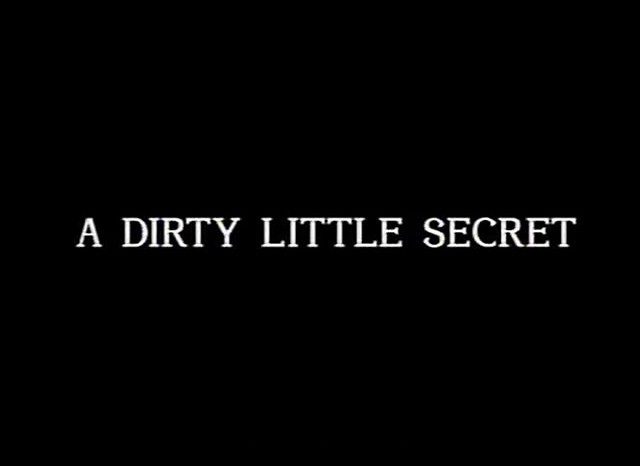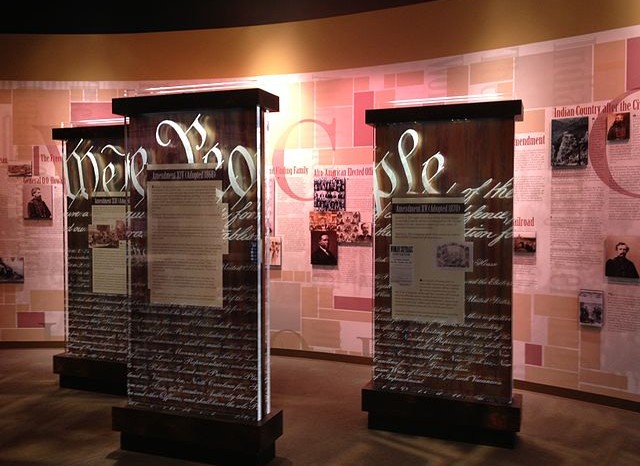Google warns that court order removing Muhammad video will create Hollywood chaos
“The panel has adopted a novel interpretation of copyright law that will invite uncertainty and chaos for the entertainment industry, documentary filmmakers, amateur content creators, and for online hosting services like YouTube, allowing bit players in movies, videos, and other media to control how and when creative works are publicly displayed.” Indeed. And the panel did this, wittingly or unwittingly, in service of a Sharia agenda to forbid criticism of Islam. Cindy Lee Garcia’s real quarrel was with the filmmakers. She should have settled it with them instead of having the film taken down. Now she has handed a great victory to the Leftist and Islamic supremacist foes of the freedom of speech.
“Google Warns ‘Muslims’ Ruling Will Create Hollywood Chaos,” by Eriq Gardner for the Hollywood Reporter, February 28:
Google is really freaking out about Wednesday’s ruling determining that Innocence of Muslims actress Cindy Lee Garcia could assert a copyright interest in her performance in the film and that as a result, the controversial anti-Islamic film had to be wiped from YouTube.
The web giant has filed a new emergency motion to stay the disposition pending a rehearing before a larger panel at the 9th Circuit Court of Appeals. In doing so, Google has some bold First Amendment warnings about the implications for allowing an actress with five seconds of screen time to enjoin its distribution of Innocence of Muslims:
“The panel has adopted a novel interpretation of copyright law that will invite uncertainty and chaos for the entertainment industry, documentary filmmakers, amateur content creators, and for online hosting services like YouTube, allowing bit players in movies, videos, and other media to control how and when creative works are publicly displayed.”
How so? Google continues:
“Under the majority’s analysis — absent contractual shifting — movie extras could register copyrights in their reaction shots, facial expressions, and mimed chatter. Background singers on a record could register their ‘oohs’ and ‘ahhs.’ The list goes on.”
Could the ruling be the end of YouTube? Google says:
“Most of the millions of amateur filmmakers who upload their videos and other creative works to YouTube presumably do not have written agreements with those who appear in their videos. That means anyone who appears in those videos — even for five seconds — will now have independent authority to contact YouTube and demand their removal.”
And what about Hollywood? More from Google:
“To be sure, many professional filmmakers try to obtain releases from participants. But how long have they done so? And how long do they keep them? And do they obtain them from everyone with even the smallest role? The majority’s approach opens the door to an extra in even Gone With the Wind contacting Netflix and demanding that it purge every copy of the film from its inventory.”
Google says the copyright system isn’t meant to deal with such fallout and points to something we wrote on the day the ruling was released.
“Nor would the implied-license doctrine solve the problem. YouTube, after all, could not meaningfully adjudicate a takedown dispute if a bit player asserted that he had been misled about what his role in the film would be. Implied contract claims are intensely factual and subject to defenses — such as the fraud-in-the-inducement defense the majority identified — that third-parties like YouTube are ill-equipped to adjudicate. Its only choice would be to roll the dice with an infringement suit or remove the video. As one commentator has already recognized, the majority’s rule will ensure that online service providers like Google and YouTube ‘will have tough days ahead of them in determining how to respond to copyright takedown notices from individuals who, before today, might not have been presumed to hold any interest in copyrighted material.’”






